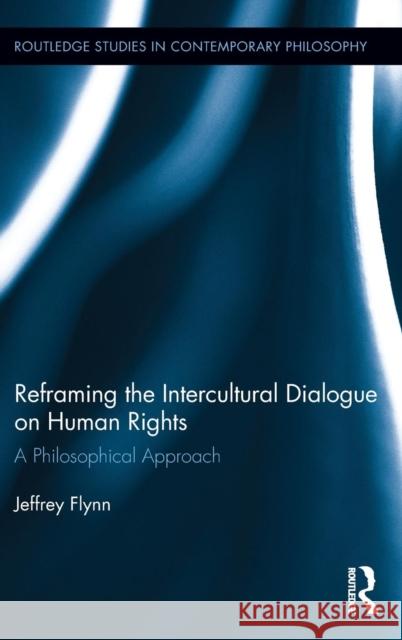Reframing the Intercultural Dialogue on Human Rights: A Philosophical Approach » książka
Reframing the Intercultural Dialogue on Human Rights: A Philosophical Approach
ISBN-13: 9780415706025 / Angielski / Twarda / 2013 / 224 str.
Reframing the Intercultural Dialogue on Human Rights: A Philosophical Approach
ISBN-13: 9780415706025 / Angielski / Twarda / 2013 / 224 str.
(netto: 788,12 VAT: 5%)
Najniższa cena z 30 dni: 730,42
ok. 16-18 dni roboczych.
Darmowa dostawa!
In this book, Flynn stresses the vital role of intercultural dialogue in developing a non-ethnocentric conception of human rights. He argues that Jurgen Habermas's discourse theory provides both the best framework for such dialogue and a much-needed middle path between philosophical approaches that derive human rights from a single foundational source and those that support multiple foundations for human rights (Charles Taylor, John Rawls, and various Rawlsians). By analyzing the historical and political context for debates over the compatibility of human rights with Christianity, Islam, and "Asian Values," Flynn develops a philosophical approach that is continuous with and a critical reflection on the intercultural dialogue on human rights. He reframes the dialogue by situating it in relation to the globalization of modern institutions and by arguing that such dialogue must address issues like the legacy of colonialism and global inequality while also being attuned to actual political struggles for human rights.











